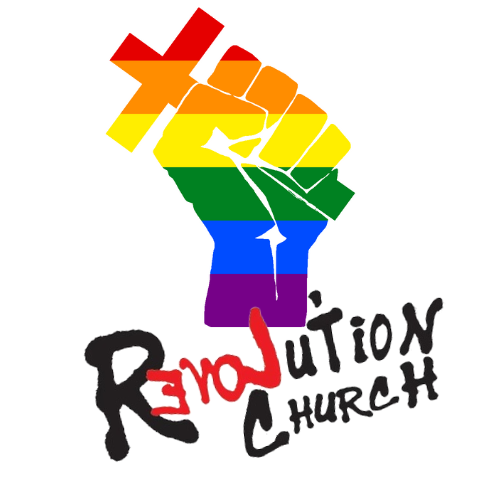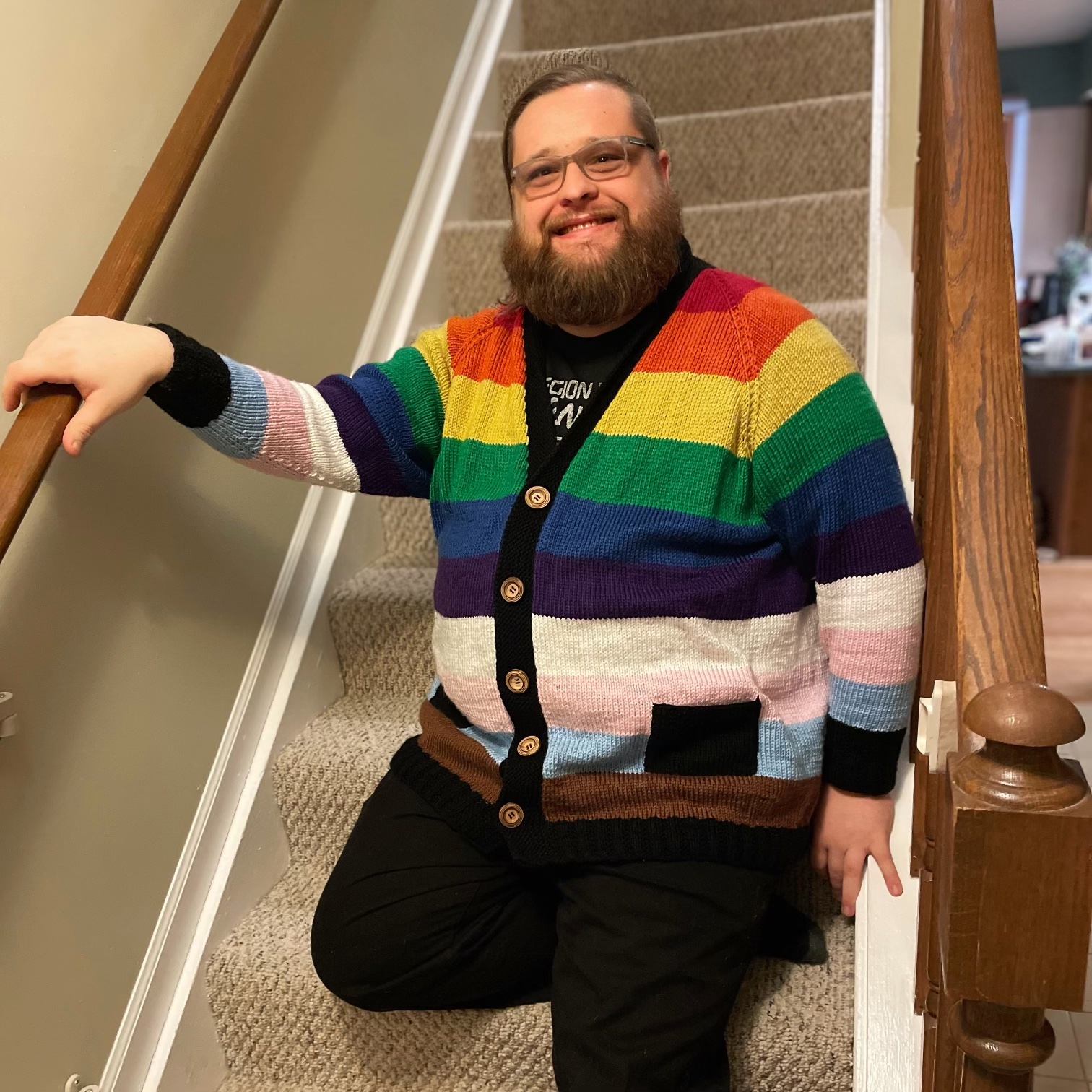Just shy of a year ago, I was kicked out of my pulpit and fired from my denomination. I’d been serving as a Licensed Local Pastor in the United Methodist Church in Michigan for a few years, but it had been a rough journey. Entering my third church appointment, I was told that they were an Open and Affirming church, a designation that signifies that they’ve decided to support and welcome LGBTQIA+ individuals, and that it would be a good placement for me as a pansexual individual. During my first sermon series, I outed myself, expecting that I would be safe in an Open and Affirming church. Within two weeks I was on mandatory leave as the denomination decided how to handle the uproar that had happened once people learned I was pansexual.
As one would expect, this experience hurt me deeply and shattered my sense of being called, having been unceremoniously thrown away by the denomination that I’d given years of my life to, for no other reason than my sexuality. I was angry and depressed, but the last thing I wanted to do was go back into ministry where I’d be hurt again, until God spoke. I was sitting in my pain one evening, doing my best impression of the psalmist arguing with God, when the response I got all but knocked me out of my chair. “The pain you’re feeling,” I heard, “is the same pain that other LGBTQIA+ people feel when they’re rejected by churches and Christians.”
At that moment I understood the mission and I knew why my calling had taken me down the painful roads I’d just traversed. I, a queer person rejected by a church, would create a place for queer people who were rejected by churches. It was then that Revolution Church was born. It was initially designed to be exclusively online, knowing that Open and Affirming churches are rare in many parts of the country. There are many queer Christians in places where there are no brick-and-mortar churches near them where they’d be welcome as themselves. While I couldn’t offer them a physical church, I could offer a healing space to anybody with an internet connection.
With the framework in place, I set about making it official, and the first step was regaining my clergy credentials. I eventually found my way to The Fellowship of Affirming Ministries, a group connected closely with the UCC, that require all ordinands to agree to being “radically inclusive.” Having found a spiritual home that loves me for who I am and affirms my mission to the religiously traumatized among the LGBTQIA+ population, I began the process. Each step of the way, as I wrote and interviewed, my imposter syndrome would show up, reminding me that I had been fired from a denomination.
Flash forward to July, where I stood on a stage in Atlanta, Georgia at TFAM’s annual convocation. I wore a robe and a rainbow stole lovingly made by a friend, a first for me, as UMC Local Licensed Pastors were barred from wearing stoles. I stood there watching as Presiding Bishop Yvette Flunder moved from one person to the next, anointing each ordinand and speaking something to them. Before I knew it she was standing in front of me, drawing the sign of the cross on my forehead in oil, looking straight at me. The words she spoke were the words I hadn’t known I’d needed to hear since the end of my journey with the UMC.
“It’s your time now.”
My life is undoubtedly different than it was when I was working for the United Methodist Church. I’m bi-vocational, managing a LGBTQIA+ focused mental health clinic during the day and juggling my Doctor of Ministry and Revolution Church in the evenings. I’m not being paid for ministry; if anything it’s costing me money. But my life is also undoubtedly better than it was before.
In my day job I’m able to help the people in my community in real ways. While I’m not being paid for ministry anymore, I’m also no longer held back by what I can “get away” with saying to the mixed audiences of even the most liberal mainstream Protestant church. I can focus, both with my doctorate and with Revolution Church, on how we can better create a trauma-sensitive place for LGBTQIA+ people who have been hurt by previous churches.
We’re anchored by 2 Corinthians 5:18, the “ministry of reconciliation.” People do not need to be reconciled to God, because God does not abandon or forsake, but to the systems in place to connect people to their faith. People need to be reconciled to the church, which has too often used its power and influence to harm. As Revolution Church has grown, now boasting a multinational audience, so has its goals. We hope to launch our first physical church campus in Lansing, Michigan, and to train others to launch smaller “pods” of Revolution Church in their physical areas, allowing individuals to have a community that affirms and loves them wherever they live.
The fact of the matter is, I wouldn’t be where I am in ministry right now if God’s plan hadn’t taken me away from the security and limitations of the denomination in which I’d worked. Each instance of growth, both in myself and in Revolution Church, has come from permission-giving leadership and a leap of faith on my part. My plans, had you asked me a year ago, were to remain pastoring within the security of a denomination that promised me a steady wage, health insurance, and full-time employment. God’s plans offered none of that, but what they did offer was the ability to live into the calling that I had received.
John Wesley would include in every small group the question: “How is it with your soul?” This open-ended question has a certain beauty in that it allows for the spirit to move however it must in the answering. So, dear reader, how is it with your soul? Are you living into the mission or ministry that you’ve been called to? Are you following God into the margins and the rough places? The enemy of effective ministry is comfort. How is God leading you out of your place of comfort and into a place where you can tend to the wounded places of this world?
It’s your time now.




